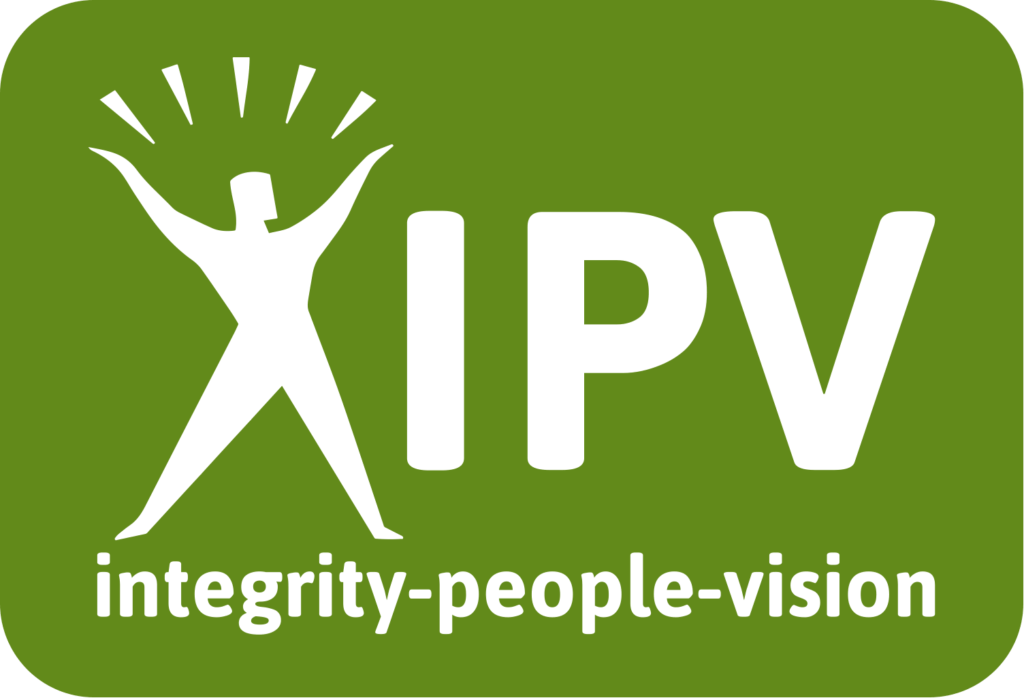Influential leadership and high performance results from the efforts we make consistently to empower those we influence as well as ourselves as leaders.
Gallup Poll reports there are 6 Benefits to a Highly Engaged and Empowered Atmosphere:
37% Higher Retention
37% Better Attendance
48% Improved Safety
41% Higher Accuracy
21% Increased Productivity
22% More Profitability
Source: Gallup Poll Q12 Employee Engagement Survey 2012 top quartile
I experienced the power of a such an atmosphere during a 7 year project where I was appointed to work with executives to build a large department that would service over 20 internal departments. At the end of 7 years, there were approximately 100 on the team (50 staff/50 volunteers) as well as 6 support leaders to manage the 6 entities within the department.
Within the first 2 years, I had an incident where I should have terminated my top support leader, who showed potential but had encountered extreme challenges in his personal life. His infractions were serious enough to let him go but I opted for compassion and gave him 3 months to perform under 3 criteria. (below) The object was to show him I believed in him and empower him to rise up and reach his full potential.
- #1 – He was assigned a male mentor to coach him through his personal struggles.
- #2 – On the job, he was also provided engaging support coupled with accountability. I continued to believe in him and give him multiple platforms to excel. I also kept the vison in front of him, challenging him and empowering him to achieve along the way.
- #3 – He was given autonomy in finding ways to impart the vision for the organization in creative ways to every member of the team.
The result was nothing short of incredible. Not only did his life make a 180 degree turn both personally and professionally, but he did so out of sheer gratitude for a “second chance” and someone who truly believed in him. This inspired him to pour into others on the team, believing in them and imparting the vision in multiple ways. The effect snowballed and by the end of those 3 months, the entire team became unified, empowered and committed to the vision.
70% of Corporate America is disengaged costing over $450 billion per year.
Disengagement results when people do not have a sense of genuine purpose and become tapped out because they are not engaged in solutions where they are using their true talents. They are simply given a task list and expected to perform under the thumb of a leader who is typically caught up in the day to day. Too often leaders become impervious to the incredible ideas and solutions team members can offer if they are given autonomous opportunities to contribute.
For decades, leaders have reflexively, turned to intimidation and pressure for performance. When team members are subject to this state of mind, performance and morale levels drop. These statistics are attributed to neurological, psychological and physiological factors. One of these factors is due to the effects of cortisol, a hormone released when we are in fear or under stress. Brain science studies have proven that cortisol paralyzes the frontal cortex or “Executive Center” of the brain creating memory issues, difficulty learning, lower perception, emotional distress and several other counterproductive reactions. The frontal cortex is 40% of your brain and is the messenger to all other brain function.
Despite the challenges of leadership and working with so many different perceptions, there is ONE COMMON THREAD we share. One central need in all of us, despite age, background, ethnicity, experience or industry. When leaders recognize this insatiable need in those they influence and make efforts to fulfill that need consistently, it can result in significant culture change.
So, what is that ONE NEED? I refer to it as…..
NECESSARY SIGNIFICANCE
Acceptance Recognition
Contribution Empowerment
Achievement Engagement
Value Vision Clarity Purpose
When compassion is delivered instead of pressure or judgement, there is release of the hormones, oxytocin and serotonin. These two are responsible for producing a sense of warmth, closeness, joy and pleasure, a reaction that can tear down defensiveness. This is especially true in cases where compassion may not have been deserved. Producing this reaction in the brain can create a bond which often leads to loyalty and commitment, eventually and ultimately improving overall team performance. Cognitive studies show that compassion is a form of mirroring the feelings and emotions of another creating a form of “neural resonance.” When coupled with empowerment and engagement, compassion is very effective in dissolving turf wars and silos in an organization.
“People don’t care about how much you know, until they know how much you care.” – Theodore Roosevelt
However, no amount of empowerment will work if you are struggling with your own sense of “necessary significance. “ How you choose to invest in yourself, day to day, in terms of your own leadership will increase or decrease your effectiveness. If you spend each day focused on the stressors in your life or work, you tear down your confidence as a leader and your ability to perform well. We are constantly building neuropathways based on what we focus on. These pathways, determine our perceptions on leadership, success, relationships and our own abilities. Over time, a primarily negative focus and inadequate perceptions along with the effects of cortisol can be devastating. The eventual result leads to all sorts of emotional and mental disorders and ultimately self-sabotage to your own efforts in creating success.
Highly influential leaders take 100% responsibility to nurture and invest in personal and professional growth every day with resources that will improve performance and induce a strong state of mind. Without establishing a healthy daily routine, the pressures of leadership alone can set off a downward spiral both mentally and emotionally. In turn, this begins eroding one’s ability to lead in any capacity.
When you expend your energies, and thought processes on negative societal or relational matters, you build a legacy of skepticism, intolerance, hatred and depression. However, when you use your energies to build yourself and others up drawing out potential, you build a legacy of influence, respect, confidence, vision and charisma.
“You can have anything in life you want, if you will help enough others get what they want.” – Zig Ziglar
What kind of legacy do you wish to leave? Every day, the choice is yours. We are not victims unless we give up our rights to live intentionally as true leaders in our organizations, communities, societies and homes





